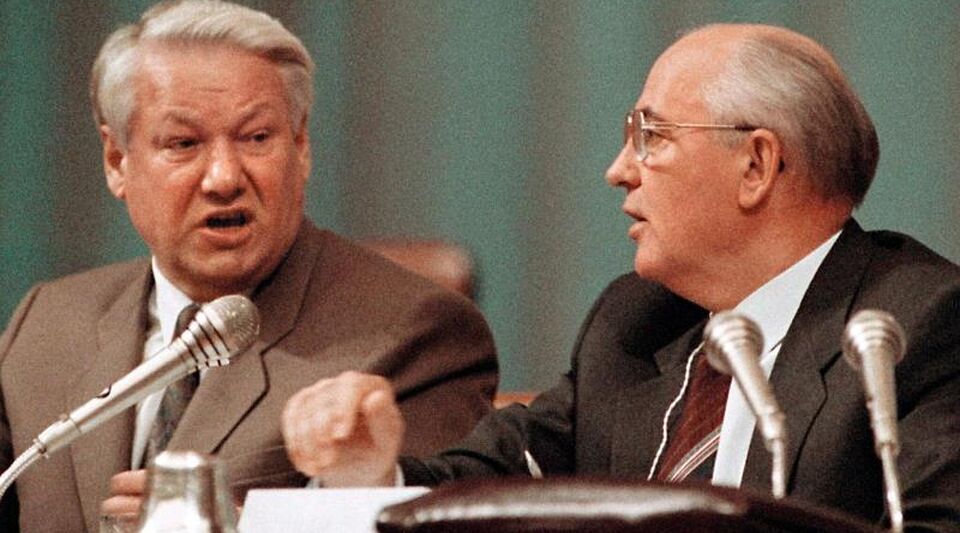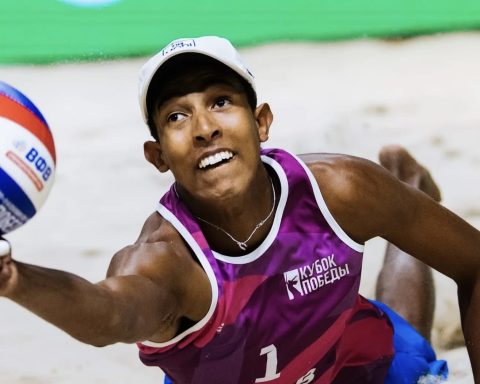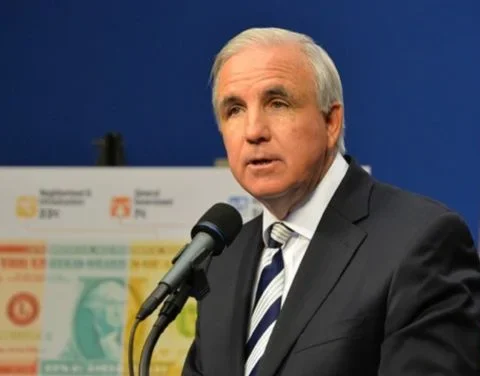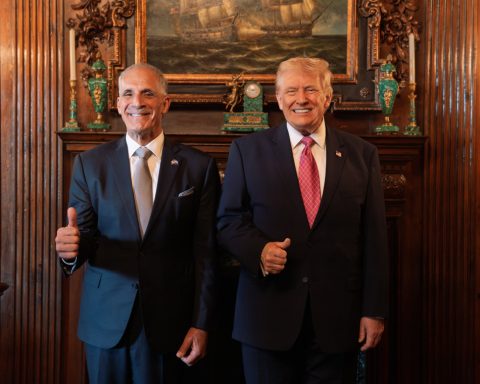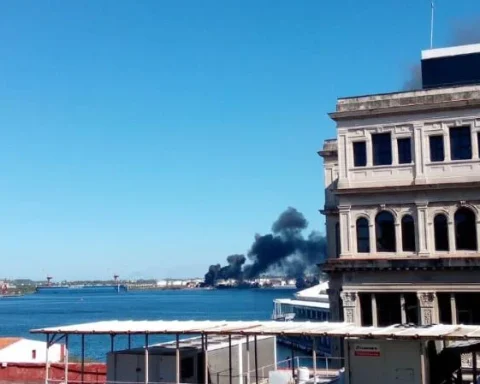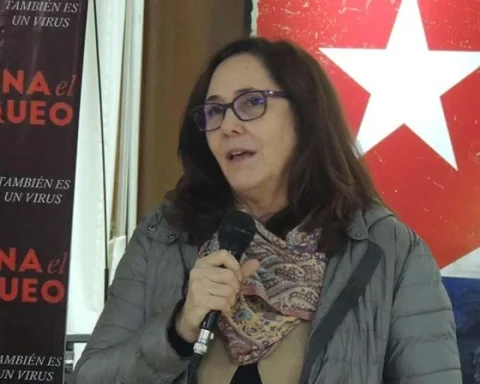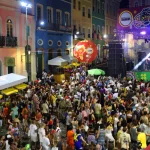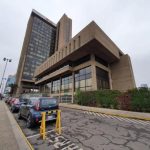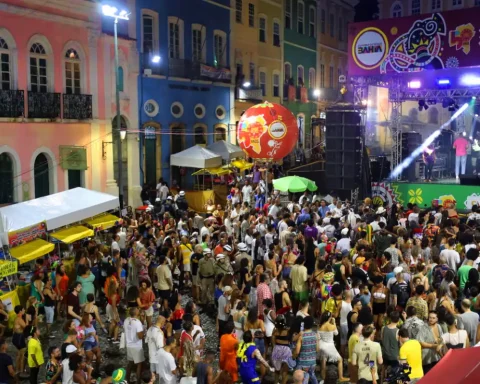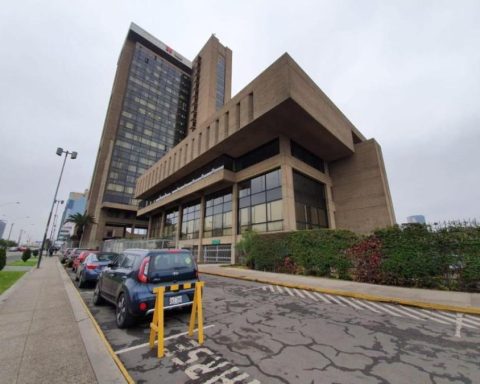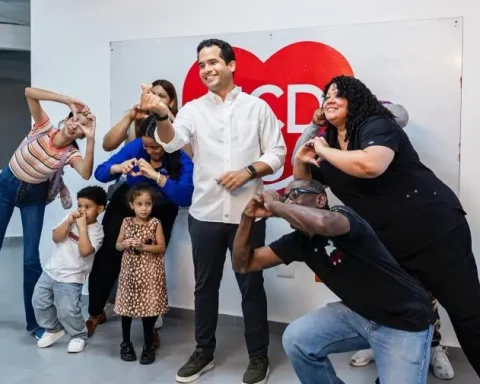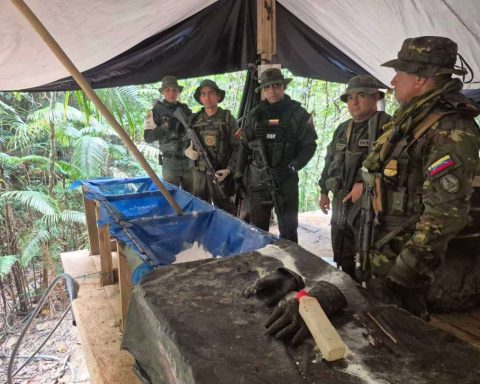(EFE) .- The Belarusian Stasnilav Shushkévich, one of the three signatories of the agreement that certified the death of the Soviet Union thirty years ago, admits that the USSR still exists in the consciences of some leaders such as the Russian Vladimir Putin or the Belarusian Alexandr Lukashenko, but denies it was a tragedy.
“The USSR still exists in the consciences and in the propaganda of leaders like Putin or Lukashenko. But now I can say that it was one of the best things I have done in my life. We managed to maintain peace in the post-Soviet space,” he told Efe by phone from his home in Minsk, where he has been quarantined for several months due to the coronavirus.
Shushkevich, 86, believes that the attempted coup in August 1991 left the USSR dead and turned its helmsman, Mikhail Gorbachev, into a political corpse. From then on, all that remained was to shape the void left after 70 years of Soviet experiment.
“After the coup there was no longer any USSR. The money that Gorbachev sent to Vladivostok stayed on the way,” says the now Belarusian opponent, who signed the agreement on December 8, 1991 as head of the Belarusian Supreme Soviet together with the late president. Boris Yeltsin from Russia and Leonid Kravchuk from Ukraine.
He recalls that Western leaders, “from (American) George Bush to (French President François) Mitterrand (…) or (former British Prime Minister Margaret) Thatcher, who was no longer in power, proclaimed that they were no longer in power. could allow separatism within the USSR “, as they feared that the Soviet disintegration would cause nuclear chaos.
Shushkévich himself chose a quiet place for negotiations where no one would disturb them, Bielovézhskaya Puscha, a natural preserve where the Soviet hierarchs rested and hunted.
“However, we understood better than Westerners what was happening and the path to take. We avoided a civil war. Gorbachev himself said so,” he says.
In fact, in Article 6 the members of the new post-Soviet community advocate disarmament and destruction of “all their nuclear weapons” under international control.
Shushkévich himself chose a quiet place for negotiations where no one would disturb them, Bielovézhskaya Puscha, a natural preserve where the Soviet hierarchs rested and hunted.
The negotiations were long and lasted throughout the night. “Given the political circumstances, there was no other alternative. Experts now consider it a work of art of diplomacy in the second half of the 20th century. Nobody has made us a single complaint about its content,” he says.
He denies so much that it was a conspiracy or that Yeltsin twisted the arm of Ukrainians and Belarusians, since “we both also wanted to be independent.”
“The problem was Gorbachev himself. He wanted to continue being the great boss, but that was impossible. He no longer had the support of either the people or the deputies,” he said.
In his opinion, Gorbachev was “more communist than democrat”, so he tried to maintain until the end a union of republics presided over by the Kremlin under the name of Union of Sovereign States.
Instead, all the republics “except the three Baltics” wanted to be part of the Commonwealth of Independent States (CIS), a still active Eurasian commonwealth. That is, they bet on a “civilized divorce.”
“Even in the March 1991 referendum, the question that was asked was false,” he highlights about the consultation in which almost 78% of Soviet citizens supported the preservation of the USSR as a federation of republics with equal rights.
It was a member of the Russian delegation, Deputy Prime Minister Guennadi Burbulis, who proposed the phrase that has gone down in history, since Belarus, Russia and Ukraine, as founders of the USSR, renounced the founding treaty of the USSR of 1922.
“Putin and Lukashenko are still unhappy with the fall of the USSR. They want to rule forever. That way you don’t create a democracy.”
“The Union of Soviet Socialist Republics has ceased to exist as a subject of international law”, can be read in the first paragraph of the agreement.
It also says in its preamble that countries will seek to create democratic states based on the rule of law, although, according to Shúshkevich, not all have followed this aspiration to the letter.
“Putin and Lukashenko are still dissatisfied with the fall of the USSR. They want to rule forever. Thus a democracy is not created,” he denounces, and recalls the criminal excesses committed during the USSR such as the deportation of entire peoples for allegedly collaborating with the Nazis.
It regrets that in some ex-Soviet countries there are no democratic elections and important decisions are no longer taken by politicians and economists but by members of the security forces.
“After all the revolutions, and ours was also a revolution, the same thing happens. There are difficult moments. So it was with Napoleon in France or with Cromwell in England,” he says.
________________________
Collaborate with our work:
The team of 14ymedio He is committed to doing serious journalism that reflects the reality of deep Cuba. Thank you for joining us on this long road. We invite you to continue supporting us, but this time becoming a member of our journal. Together we can continue transforming journalism in Cuba.
